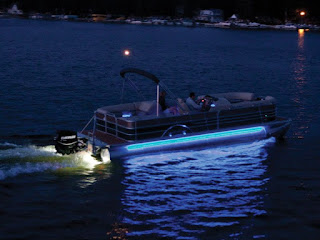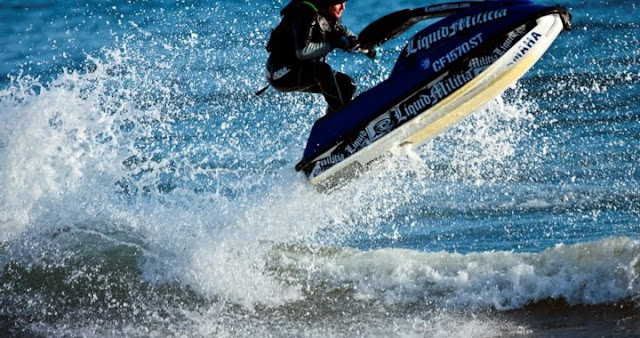Navigation and Recreational Lights at Night – The Good, The Bad, the Distracting - Author Capt. Glenn

Here at Lake of the Ozarks (and in fact all of Missouri’s waterways and lakes), State Law requires the use of certain combinations of lights (Red, Green, and White), called “Navigation Lights” when boating at night. Missouri Law also regulates certain other styles of lights that boaters use at night, called “Recreational Lighting”. Recreational lighting on boats has become more popular in recent years. Recreational light can include Rub Rail lighting, Deck Rail lighting, or Underwater lighting. These can come in a variety of colors and intensities. The newest recreational lighting configurations use LED lights, which, by nature, are usually brighter than filament bulbs. So, what’s the problem? Well, there are a few; let’s discuss those. First, USCG Regulations, Rule 20 again, states “ The Rules concerning lights shall be complied with from sunset to sunrise, and during such times no other lights shall be exhibited, except such lights as cannot be m...

